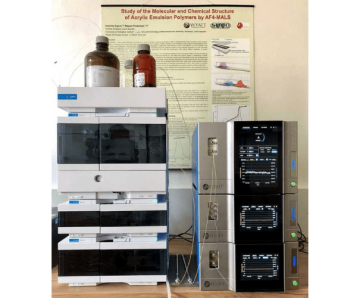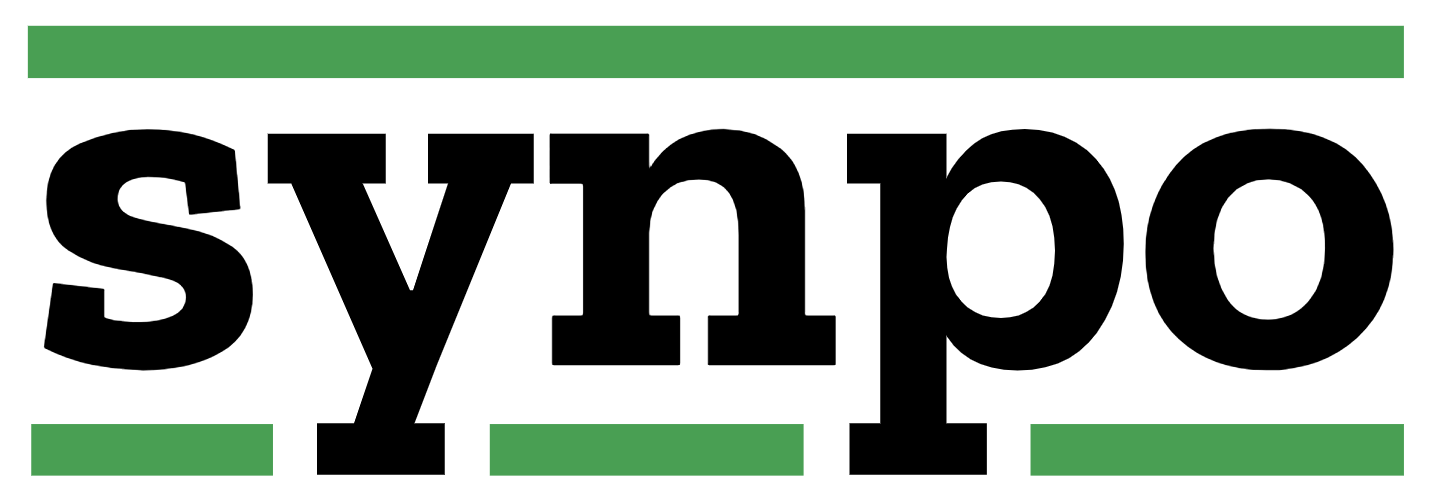SERVICES AND PRODUCTS > SERVICES > ANALYTICAL LABORATORY
Analytical Laboratory
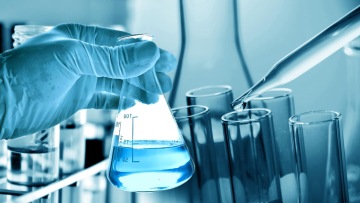
Synpo has accredited laboratories for analytical and physicochemical testing of products based on synthetic polymers and resins, including related substances, wastes and environmental components. Testing laboratory No. 1105 is a workplace accredited by ČIA (Czech Accreditation Institute) according to the standard ČSN EN ISO/IEC 17025:2018. Using a wide range of laboratory instruments and methods, this laboratory specializes in internal and external analysis of products or materials and in the analysis of the living and working environment.
Analysis of Products and Materials
-
Determination of molecular weight distribution of synthetic polymers and biopolymers,
-
Characterization of polymer branching,
-
Analysis of input raw materials,
-
Analysis of surface contaminants,
-
Determination of organic emissions from non-metallic materials in vehicle and other interiors (VOLVO standard),
-
Evaluation of reproducibility of production batches,
-
Determination of product composition,
-
Study and optimization of chemical reactions,
-
Determination of physicochemical quantities,
-
Relationship between structure and properties,
-
Determination of free bisphenol A in solid epoxy resins using high-performance liquid chromatography (HPLC),
-
Classification of natural and synthetic polymers according to the REACH definition,
-
Documents for product certification.
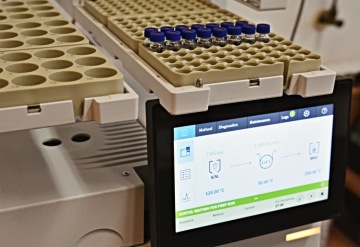
Environmental Analysis
-
Determination of organic substances in water and products,
-
Determination of volatile organic compounds (VOC), e.g. in paints,
-
Waste analysis,
-
Documents for administrative proceedings and expert opinions.
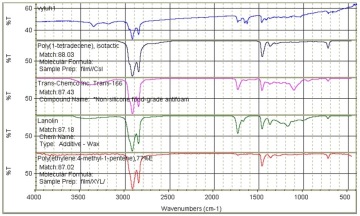
Analytical methods
-
LC, LC-MS, GPC, GPC-MALS, GC, GC-MS,
-
Asymmetric flow field flow fractionation (AF4),
-
FTIR, UV, FTIR microscopy,
-
Particle size distribution,
-
Titration and weight methods, classical analysis.
Training Offer "Introduction to the Analysis and Characterization of Technical Polymers"
Training content Introduction to the analysis and characterization of technical polymers:
- Viscosity measurement – principles and instrumentation,
- Rheology – theory and practice,
- In-line viscosity measurement – principles and possible installations,
- Inspection of reactor technology intended for the production of resins,
- DSC, MDSC (temperature and melting point, crystallization, TG reaction kinetics, heat capacity),
- TGA (thermal stability, thermal decomposition kinetics),
- TMA (expansion coefficients, Tg),
- DMA,
- Peel adhesion test, principle, measurement procedures,
- Excursion to evaluation and testing laboratories,
- Introduction to the structure of polymers (various possible distributions and their description),
- Gas chromatography with mass detector (GC-MS) – principle and application for quantification of volatile organic compounds,
- Liquid chromatography (HPLC) – principle and use for quantification of non-volatile organic compounds,
- Titration techniques (determination of functional groups, principle of potentiometric titration),
- Gel permeation chromatography (determination of molar mass distribution, multi-angle light scattering detector),
- Infrared spectroscopy – principle, experimental techniques, applications,
- Basic principles and applications of Raman spectroscopy,
- Basic principles of work in an accredited laboratory,
- Excursion to laboratories of analytical and physical chemistry.
Expert guarantor:
Prof. Ing. Stepan Podzimek, CSc.
Ing. Vladimir Spacek, CSc.
Ing. Jiří Vrána, CSc.
Price (maximum 25 people): 5000 EUR
Cooperation with WYATT TECHNOLOGY
SYNPO appreciates the long-term cooperation with Wyatt Technology.
Wyatt Technology is a well-known leader in innovative light scattering instruments and instrumentation and software for determining properties of macromolecules and nanoparticles in solution.
Synpo mainly uses their instruments for detailed characterization of the molecular structure of various polymers and resins.
Description of selected instruments and techniques:
SEC-MALS; Absolute Molar Mass and Size
DAWN; The world's most advanced light scattering instrument for absolute characterization of proteins, conjugates, macromolecules, and nanoparticles
AF4; The ultimate separation system for nanoparticles and macromolecules
